Study without ChatGPT… to work more wisely with AI
Paul Van Eecke (VUB)
Katrien Beuls (UNamur)
Tim Brys (VUB)
Adapted by Folco Soffietti (VIU)
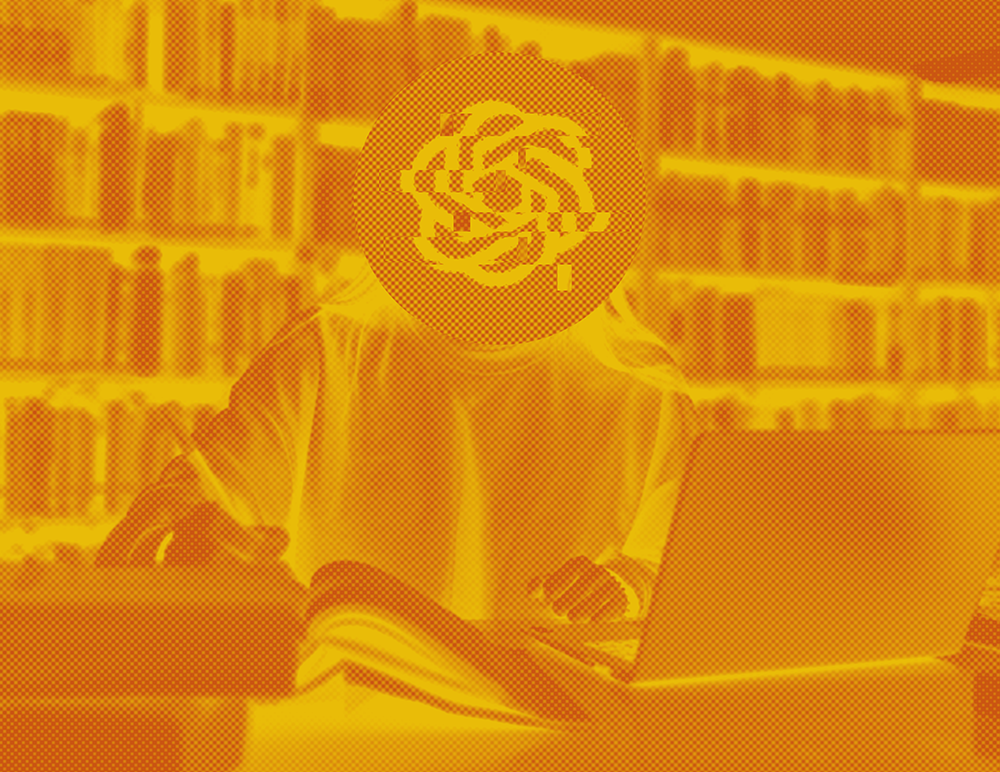 Source: Pexels, modified by Folco Soffietti
Source: Pexels, modified by Folco Soffietti
Adapted from the article “Studeren zonder ChatGPT, daarna verstandiger werken met AI” published on the Knack on the 9th of April 2024.
The Integration of AI into curricula cannot neglect a sound domain knowledge, good language skills and thorough knowledge of the scientific method.
In Belgium, the Rector of the University of Gent announced that from next academic year, students will be allowed to use generative AI in their thesis. This sparked a debate within the academic community, questioning the purpose and methods of university evaluation in the age of AI.
Generative AI is supposed to be able to reshape every aspect of the research cycle, but is it so? MUHAI’s researchers can help you dive a bit deeper in the matter.
Generative AI systems such as ChatGPT can produce texts that are sometimes indistinguishable from those written by humans, but still have difficulties in imitating logical thought processes. Even so, let us assume that generative AI can still replace important elements of the research process. The detection of AI use is becoming increasingly accurate, just like plagiarism. And what student will risk losing their degree due to fraud, possibly even years after the date?
Even so, we can still make the exercise of assuming that it is not feasible to ban the use of generative AI. Then two paths open up: allow AI use or discard the thesis. Contrary to the Rector of the University of Gent, some professors consider that understanding and processing of knowledge cannot be outsourced to ChatGPT when studying. The risk is, in fact, to no longer acquire these non-negotiable basic competencies. They are crucial in an academic education. Therefore, if the use of generative AI cannot be restricted in practice, it seems that the master's thesis shall be replaced.
Until recently, the master's thesis was the culmination of a long educational curriculum in which a set of skills and understandings were gradually built up in students. In general, we do teach skills for which there exist digital tools that can perform them better or more efficiently. For example, we still learn spelling in primary school, even though spell-checking programmes exist. Why? Because spell check only makes sense if you can already spell yourself and write an intelligible text. The same with arithmetic: we still learn arithmetic rules because a calculator is only useful if you have the necessary mathematical understanding yourself. These tools can help us avoid mistakes and make our work more efficient. But if we cannot interpret the output of these tools, they are completely useless.
It is no different with generative AI at the master's level. In a master's programme, a student is expected to grasp professional literature, acquire research skills, develop critical thinking, and so on. Only someone who has already acquired these skills to a considerable extent can use generative AI responsibly at the level expected of a master. How else can that person interpret what the AI system produces? An incompetent writer cannot judge the quality of the generated text, let alone improve it.
if we want our students to be able to use generative AI competently and responsibly in the workplace, they will still have to acquire the basic equipment of the master's degree. Shortcuts and distractions of generative AI will have to be ignored for a while with the higher goal in mind: being formed into a competent expert in the chosen field of study.
If the master's thesis won’t be a reliable way to test academic growth, there are fortunately alternatives. Evaluating throughout the year, or final exams. Either way, generative AI should not mean the end of the goal of shaping students broadly and scientifically. And this, regardless of a specific tool.
More Articles
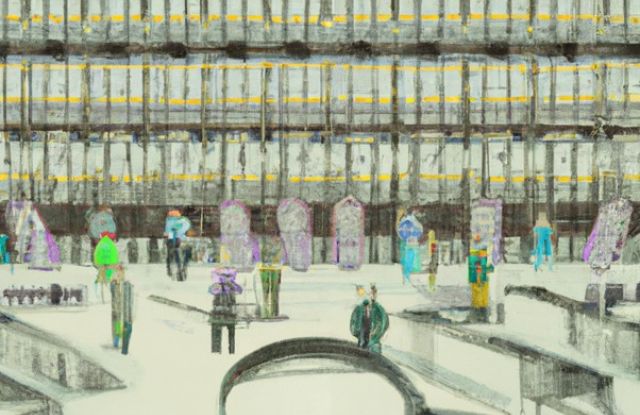
From digital archives to online observatories, the peaks and chasms of social-media based research Pt.3
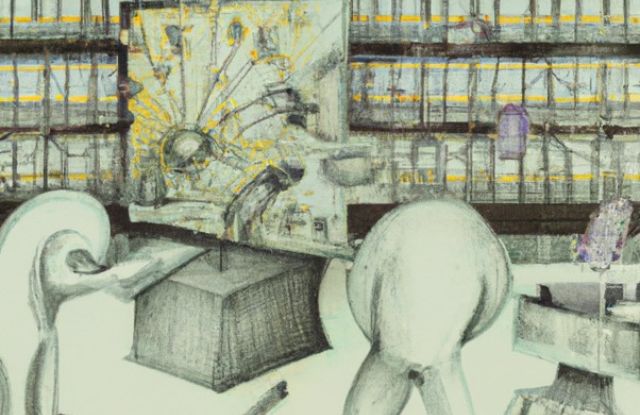
From digital archives to online observatories, the peaks and chasms of social-media based research Pt.2
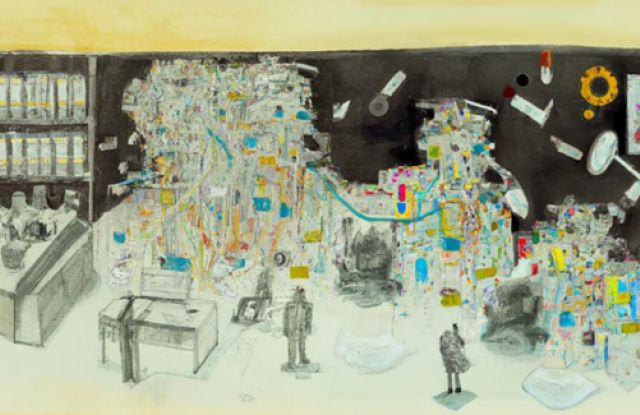
From digital archives to online observatories, the peaks and chasms of social-media based research Pt.1
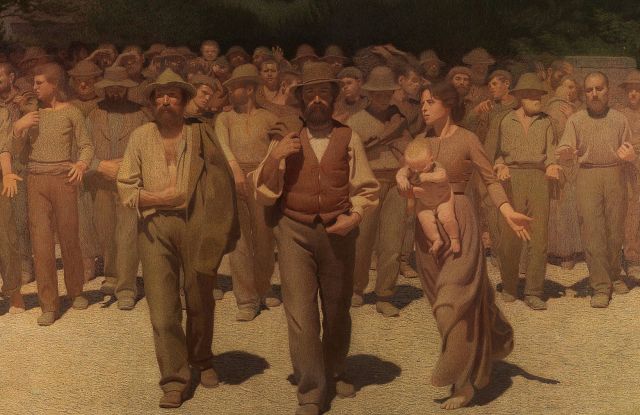
A Digital Assistant for Scientific Discovery in the Social Sciences and Humanities

Narrativizing Knowledge Graphs

Economists’ inequality narratives (on Twitter) before and after the COVID-19 outbreak
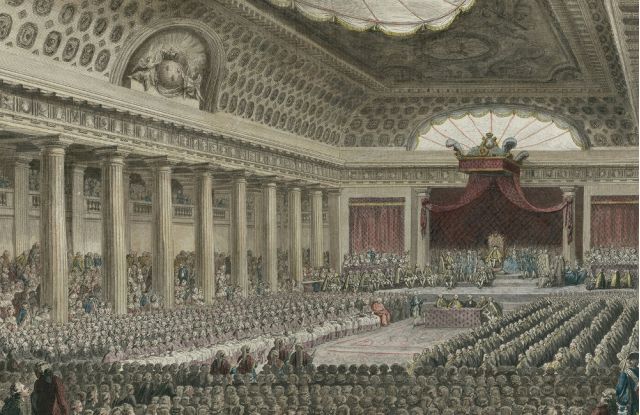
Making sense of events within a story
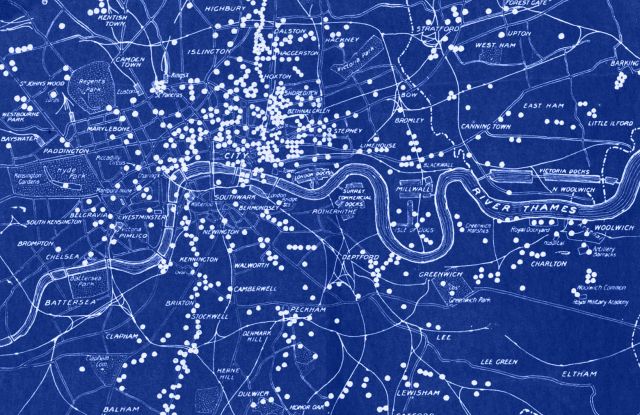
Talking (online) about inequality: Towards an observatory on inequality narratives
